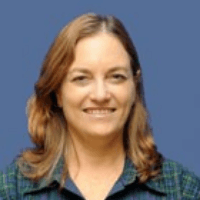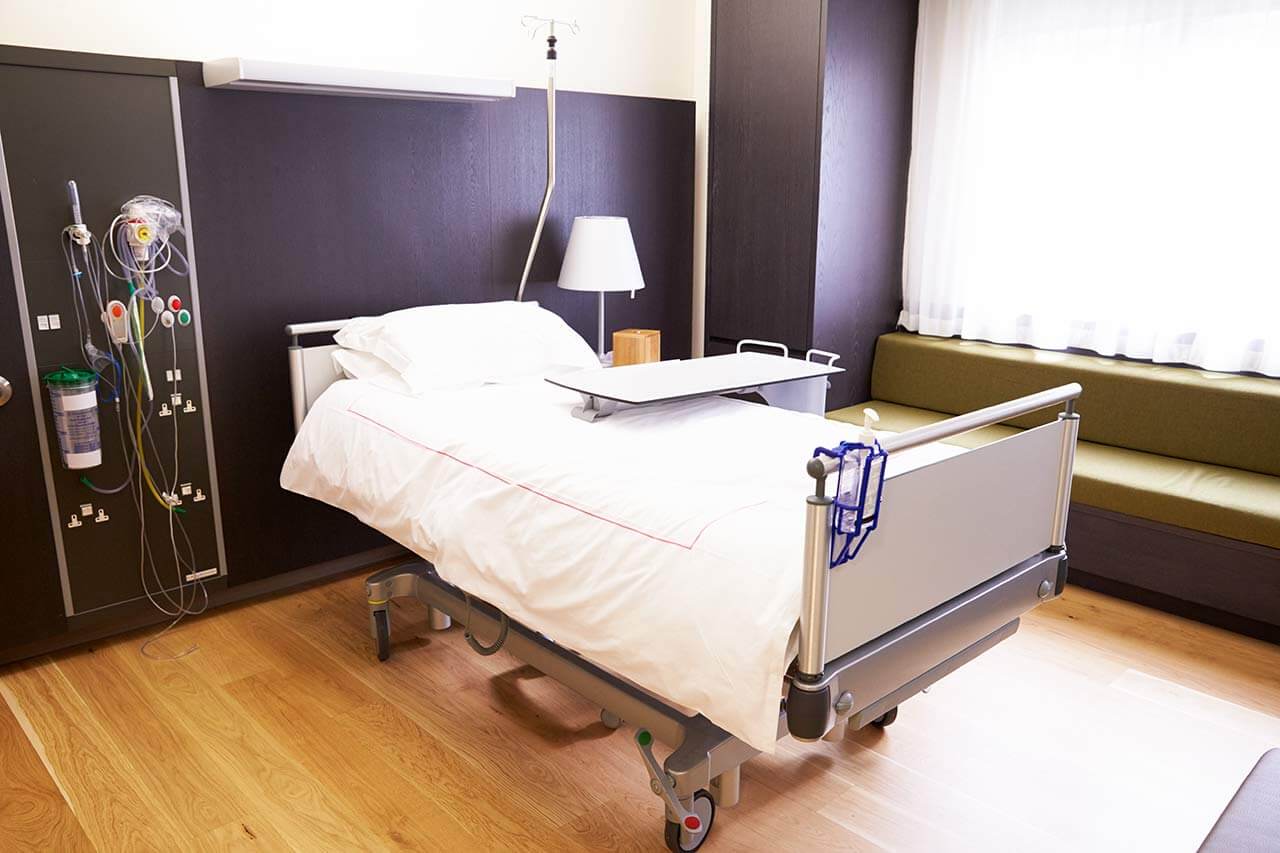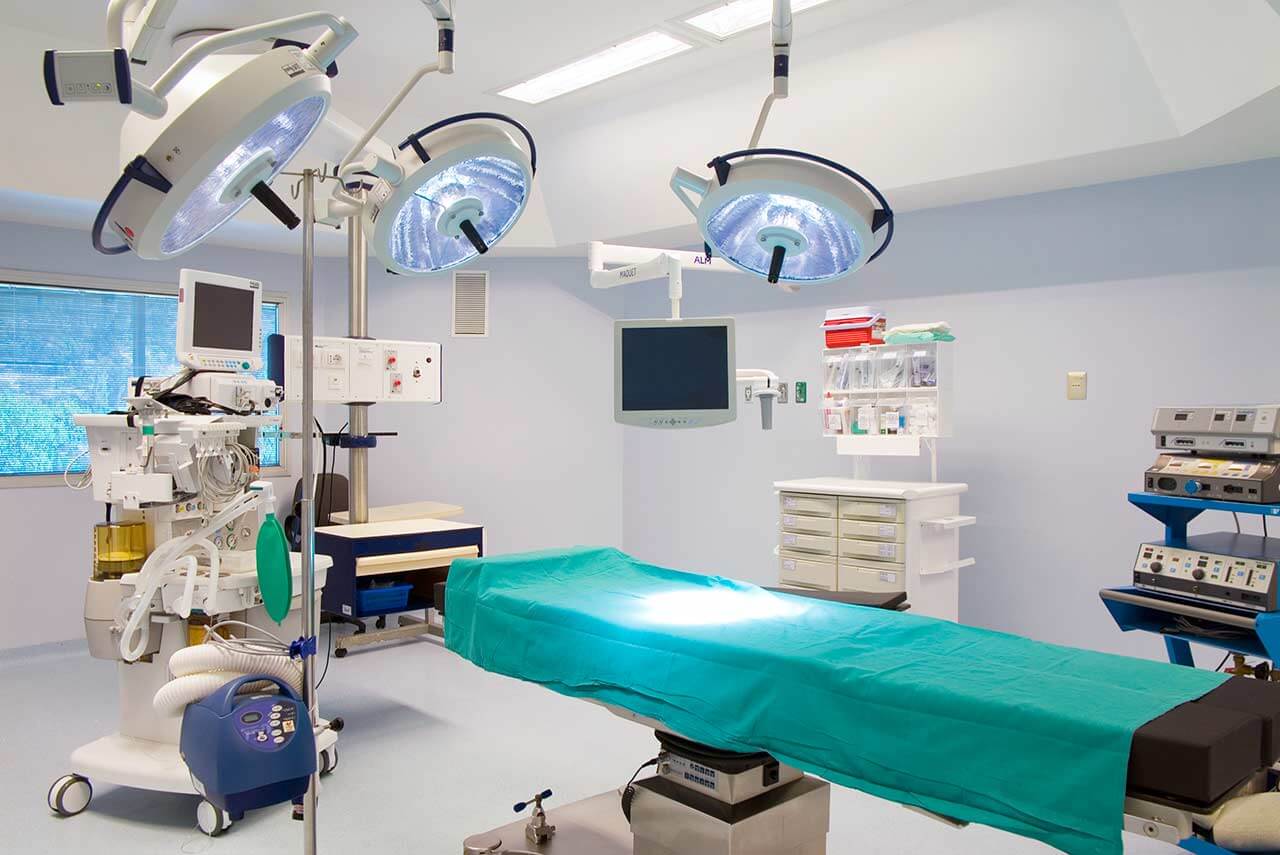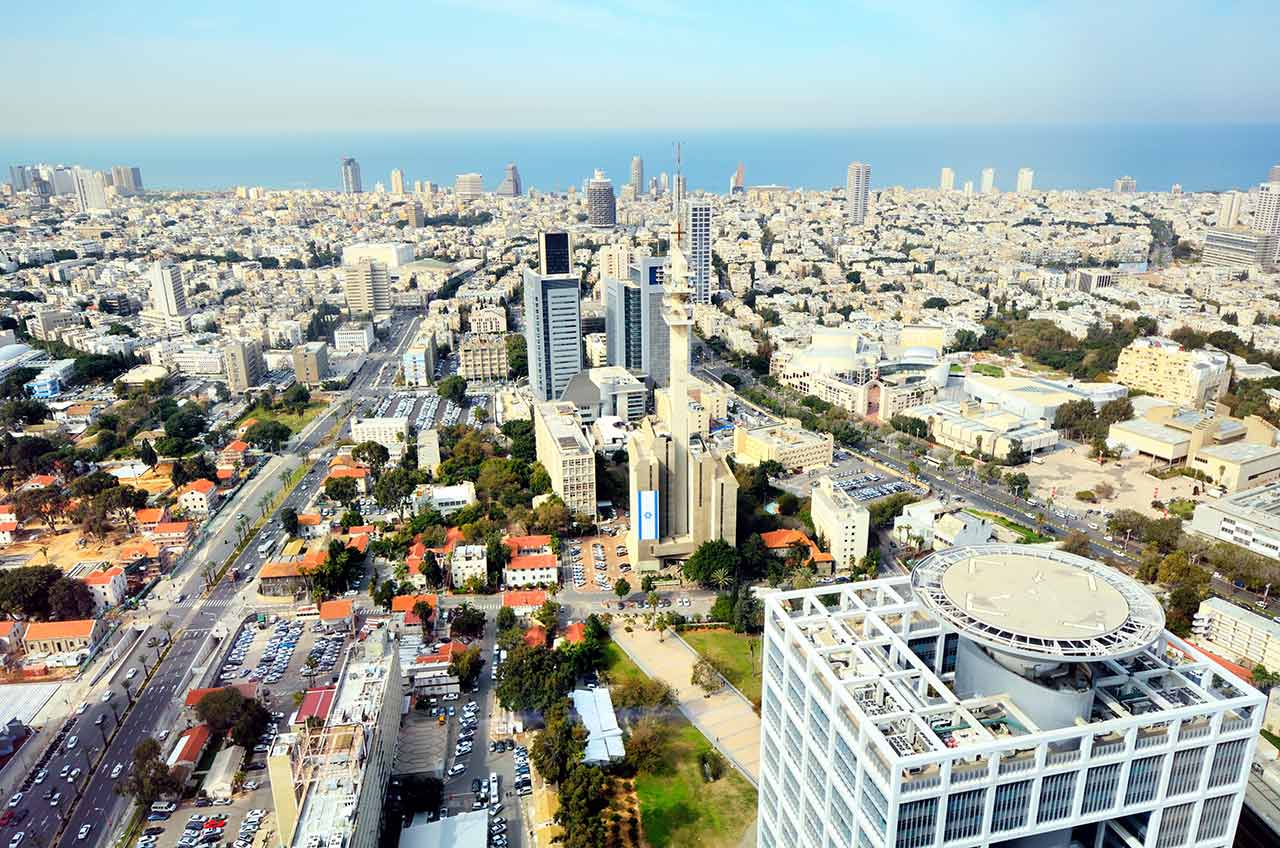
The program includes:
- Initial presentation in the clinic
- clinical history taking
- review of medical records
- physical examination
- laboratory tests:
- complete blood count
- general urine analysis
- biochemical analysis of blood
- TSH-basal, fT3, fT4
- tumor markers
- inflammation indicators
- indicators of blood coagulation
- orbital ultrasound scan
- CT / MRI / X-ray scan of the head and orbit
- 1 course of chemotherapy
- nursing services
- consultations of related specialists
- explanation of individual treatment plan
How program is carried out
During the first visit, the doctor will conduct a clinical examination and go through the results of previous laboratory tests and instrumental examinations. After that, you will undergo an additional examination, including laboratory assessment of liver and kidney function, ultrasound scan. Based on the received results, the doctor will elaborate the chemotherapy regimen. If necessary, related medical specialists will be involved in the elaboration of a treatment regimen (tumor board).
Chemotherapy is carried out as the day hospital procedure, without mandatory admission to the hospital. After the placement of a venous catheter, you will stay in a comfortable ward. An infusion system will be connected to the catheter, through which the required drug or a drug combination will be administered. All drugs are administered by intravenous drip, slowly, so the total duration of the infusion can be up to several hours. All this time, doctors and nurses will monitor your health condition closely.
After the course of chemotherapy, you will stay under medical supervision in the ward for a few more hours. If your general condition is good, your doctor will allow you to leave the hospital. You will receive the medical report with detailed recommendations regarding further treatment. In the future, you will be able to have a distant consultation with your attending physician and schedule the next course of chemotherapy, if necessary.
Required documents
- Medical records
- MRI/CT scan (not older than 3 months)
- Biopsy results (if available)
Service
You may also book:
 BookingHealth Price from:
BookingHealth Price from:
About the department
The Department of Pediatric Hematology, Oncology and Bone Marrow Transplant at the Tel Aviv Sourasky Medical Center provides the full range of diagnostics and treatment for infants, children and adolescents with acute and chronic blood diseases, as well as various malignant solid tumors. The department treats about 3,500 young patients every year. In addition to top-class medical care, the department's specialists create favorable conditions for children so that the treatment process proceeds as comfortably and effectively as possible. The department is headed by Dr. med. Ronit Elhasid.
One of the department's key activities is bone marrow transplant (autologous and allogeneic). The autologous bone marrow transplants serve for the treatment of such malignant diseases as recurrent lymphoma, metastatic types of bone cancer, high-risk neuroblastoma and certain types of brain tumors. The allogeneic transplants are carried out for the treatment of blood cancer and non-cancerous diseases, such as congenital immunodeficiency states, metabolic disorders and inherited blood diseases. To meet the special needs of children and protect the patient from life-threatening infections, the transplantations are performed in specially designed rooms (with positive pressure and air filtration systems). After transplantation, the patient returns home and stays under the close monitoring of experienced specialists. It should be noted that the European Group for Blood and Marrow Transplantation (EBMT) recognized the department as the International Bone Marrow Transplant Center.
The department specializes in the diagnostics and treatment of the following diseases:
- Anemia of various origins (alimentary anemia, spherocytosis, sickle cell anemia and thalassemia)
- Leukocyte pathologies
- Platelet pathologies (immune thrombocytopenia purpura)
- Bone marrow failure syndromes
- Coagulopathy and thrombophilia
- Histiocytosis (especially Langerhans cell histiocytosis)
- Malignant diseases in children
- Acute and chronic leukemia
- Brain tumors (in collaboration with the Department of Pediatric Neurosurgery)
- Bone and soft tissue tumors (in collaboration with the Department of Orthopedic Oncology)
- Lymph node cancer (for example, Hodgkin lymphoma)
- Tumors of the kidneys, adrenal glands, testes and ovaries
- Rare malignant tumors in children
- Other pathologies
The diagnostic and therapeutic options of the department include:
- Hematologic examinations, including bone marrow examinations
- Transfusion of blood and its components
- Intravenous administration of iron
- Treatment using immunotherapy, including immunoglobulins, Rituximab (MabThera) and anti-D immunoglobulin
- Chemotherapy
- Autologous and allogeneic bone marrow transplant
- Other medical services
It is worth noting that the rooms in the department are designed specifically for children in order to provide them with a more comfortable stay in the hospital. They have a play area, cozy seating areas, computers, games, videos and other children's entertainments.
Curriculum vitae
Education
- Medical School, Technion (Israel Institute of Technology), Haifa.
Continuing Education
- 1991 Correlation between the dysmorphic features and the intelligence quotient in children with Down syndrome, Genetic Unit, B'nai Zion Medical Center, Haifa.
Clinical Experience
- Since 2009 Chief Physician of the Department of Pediatric Hematology, Oncology and Bone Marrow Transplant, Tel Aviv Sourasky Medical Center.
- 2004 - 2009 Head of the Section for Pediatric Bone Marrow Transplant, Rambam Health Care Campus, Haifa.
- 1999 - 2009 Deputy Head, Department of Pediatric Hematology and Oncology, Rambam Health Care Campus, Haifa.
Academic Experience
- 2012 Senior Clinical Lecturer, Faculty of Medicine, Tel Aviv University.
- 2011 National Principal Investigator of the International Study on the Treatment of Childhood Relapsed ALL.
- 2004 - 2010 Senior Clinical Lecturer, Faculty of Medicine, Technion, Haifa.
Prizes and Achievements
- 2000 - 2001 ARTS Grant, Israeli Cancer Association, Principal Investigator with Dr. Bloch. Subject: "A novel apoptotic protein and its role in leukemia".
- 2009 Grant, Chief Scientist's Office, Co-Investigator with Dr Nuhad Haddad. Subject: "In vitro effects of therapeutic gamma irradiation of blood components on reactive oxygen species formation and microparticles release".
- 2009 Grant of the Israeli Cancer Association, Principal Investigator with Prof. Krivoy and Dr. Efrati. Subject: "Epidemiological and pharmacogenetic aspects of pediatric bone marrow transplantation".
- 2010 Grant, Chief Scientist’s Office, Co-Investigator with Dr. Efrati and Prof. Krivoy. Subject: "Epidemiological and pharmacogenetic aspects of pediatric and adult bone marrow transplantation".
- 2012 Grant, Israel Cancer Association, Principal Investigator with Prof. Shai Izraeli and Prof. Stark. Subject: "Characteristics and treatment outcome of childhood acute lymphoblastic leukemia (ALL) in Israel: comparison between Jewish and non-Jewish populations".
- August 2002 Patent S patent PCT/IL02/00649 WO 03/013422. Subject: "Methods of Treatment and Prognosis of Leukemia and Other Cancer Types", Rambam Medical Center.
Memberships in Professional Societies
- Israel Society of Pediatric Hematology and Oncology.
- American Society of Hematology.
- Israel Society of Hematology and Blood Transfusion.
Photo of the doctor: (c) Tel Aviv Sourasky Medical Center
About hospital
The Tel Aviv Sourasky Medical Center is the second largest and one of the most advanced healthcare and research facilities in Israel. It began its work in 1961, but it is still popular among the local population and attracts thousands of international patients.
The multidisciplinary medical center covers an area of 150,000 m². It has 60 departments and institutes with 1300 beds. The hospital annually provides its highly professional services to more than 1,5 million patients. In addition, the hospital enjoys prestige among doctors, many of whom want to have an internship and work here.
The medical center employs more than 6,400 people, among them more than 1,100 doctors, 1,760 nurses, 850 medical laboratory assistants, technical and other employees. The medical staff successfully combines clinical and research activities. The hospital annually conducts clinical trials aimed at the the development of new diagnostic and treatment methods.
Structurally, the medical facility is divided into four main hospitals. These include the General Hospital, the Rehabilitation Hospital, the Lis Maternity and Women's Hospital and the Dana-Dwek Children's Hospital.
The medical center is focused on individualized treatment. With adherence to the international standards of service, the specialists take into account the needs of each patient, his age and a specific clinical case. The medical center strives to provide treatment in a friendly and respectful atmosphere, with an empathic attitude to each patient.
Photo: (c) depositphotos
Accommodation in hospital
Patients rooms
The patients of the Tel Aviv Sourasky Medical Center live in comfortable rooms equipped with all necessary amenities. The standard room includes an automatically adjustable bed, a bedside table, a wardrobe for storing clothes. Also, each room has an ensuite bathroom with shower and toilet.
Meals and Menus
The medical center offers three meals a day: breakfast, lunch and dinner. For lunch, the patients have a choice of daily menus. If for some reason you do not eat all foods, you will be offered an individual menu. Please inform the medical staff about your food preferences prior to treatment.





